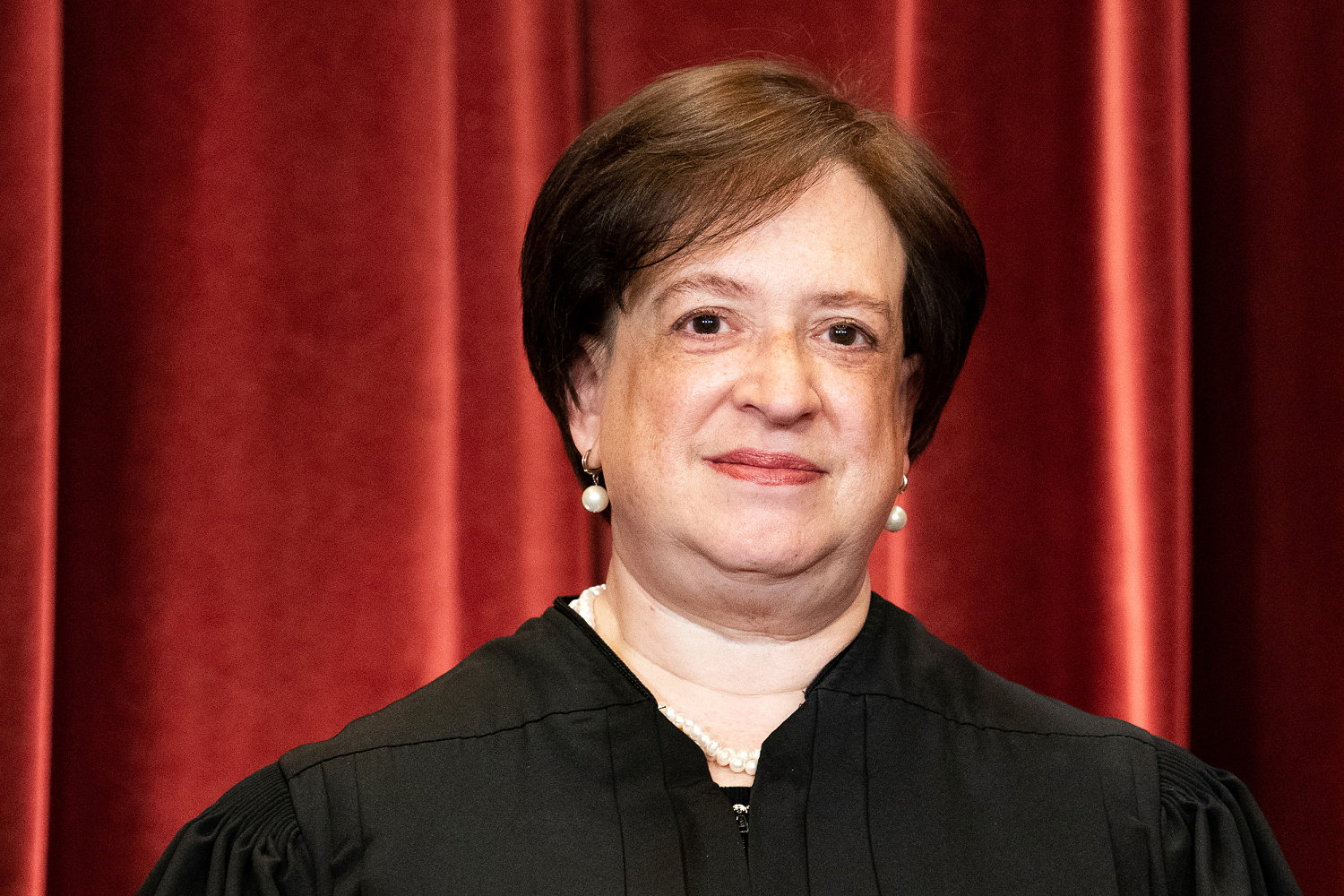
WASHINGTON — The Supreme Court on Friday dealt a blow to potentially thousands of federal prison inmates by ruling against a convicted drug dealer seeking a shorter sentence under a 2018 law.
Divided 6-3 in an unusual ideological alignment, the court said Mark Pulsifer, who pleaded guilty to distributing methamphetamines in 2020, could not benefit from a provision of the First Step Act, a significant sentencing reform law.
The issue was whether Pulsifer was subject to a mandatory 15-year sentence or a “safety valve” provision that laid out circumstances in which a lower sentence could be imposed on nonviolent, low-level drug dealers.
In an opinion by liberal Justice Elena Kagan, the court said Pulsifer had not met the necessary requirements. She was joined in the majority by five of the court’s six conservatives.
The provision in question lays out a list of criteria for handing down sentences that are lower than the mandatory minimums. The court ruled that Pulsifer had to meet all the conditions, rejecting his argument that he could meet some of them and still obtain relief. The decision centered in part on the court’s interpretation of the word “and.”
Congress “did not extend safety-valve relief to all defendants, but only to some,” Kagan wrote.
Conservative Justice Neil Gorsuch dissented, joined by the two remaining liberal justices, Sonia Sotomayor and Ketanji Brown Jackson.
Gorsuch complained that the court had significantly limited the aim of the First Step Act.
“Adopting the government’s preferred interpretation guarantees that thousands more people in the federal justice system will be denied a chance — just a chance — at an individualized sentence. For them, the First Step Act offers no hope,” he wrote.
